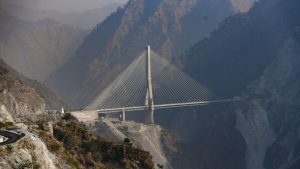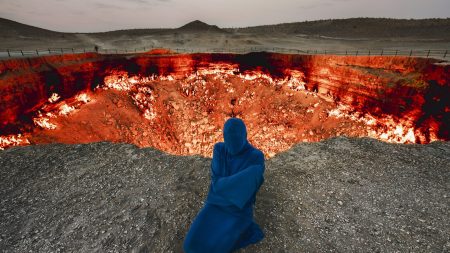High-pressure weather systems across the UK are causing widespread television and radio reception problems for millions of viewers and listeners, primarily impacting those relying on Freeview, Freely, and YouView platforms. The atmospheric conditions create a signal interference phenomenon where the high pressure bends TV and radio waves, leading to disruptions such as picture break-ups, audio glitches, channel loss, and complete signal dropout. These issues are expected to persist throughout the week, predominantly affecting England and Scotland, with coastal and southern regions potentially experiencing more severe disruption. While the interference is widespread, viewers and listeners can determine if their local area is specifically impacted by utilizing the BBC’s transmitter checker tool.
This atmospheric interference phenomenon isn’t unprecedented. Similar disruption occurred during the Christmas period, also attributed to high-pressure weather conditions. The bending of TV and radio waves is a naturally occurring phenomenon exacerbated by specific weather patterns. High pressure compresses the air, altering its density and refractive index, the property that affects how electromagnetic waves, including TV and radio signals, travel through the atmosphere. This alteration can cause the signals to bend away from their intended path, leading to weaker signal strength or complete signal loss at the receiving end. The coastal and southern regions are particularly susceptible due to their geographical location and proximity to the areas where these atmospheric effects are most pronounced.
Unfortunately, there is no immediate fix for viewers and listeners experiencing these signal disruptions beyond waiting for the weather patterns to shift. Retuning televisions or radios during this period is discouraged as it will require further retuning once the high-pressure system passes. The temporary solution for those affected is to switch to internet-based streaming services for television and radio content. Platforms such as BBC iPlayer, ITVX, All 4, and the BBC Sounds app offer alternative ways to access programming until normal broadcast reception resumes.
The BBC and Freeview have issued warnings regarding these potential disruptions, advising viewers and listeners of the temporary nature of the problem. It is important to emphasize that these issues are not indicative of faults with individual television or radio equipment. Tampering with settings or attempting repairs is unnecessary and could potentially exacerbate the problem upon signal restoration. The advice is to patiently await the passing of the high-pressure system and then retune devices if necessary. The transmitter checker tool remains the best resource for determining localized disruption and confirming when normal service is expected to resume.
While this atmospheric interference is frustrating for those affected, it’s crucial to understand that it is a temporary and naturally occurring phenomenon. The recommendations provided by the BBC and Freeview are designed to minimize inconvenience and ensure a smooth transition back to normal broadcasting once the weather conditions improve. Utilizing alternative streaming services during the disruption offers a viable solution to stay connected with news and entertainment programming. The emphasis is on patience and understanding that the disruptions are beyond individual control and will resolve naturally with the changing weather.
This event highlights the vulnerability of terrestrial broadcasting systems to atmospheric conditions. While cable and satellite services remain unaffected due to their different signal transmission methods, those relying on over-the-air signals are susceptible to such disruptions. The widespread impact underscores the importance of accessible alternative platforms for content consumption during such periods. The incident also serves as a reminder of the dynamic nature of our atmosphere and its impact on technologies we often take for granted. The ability to adapt and utilize alternative access methods, such as internet-based streaming, becomes crucial in mitigating the impact of these natural phenomena.











